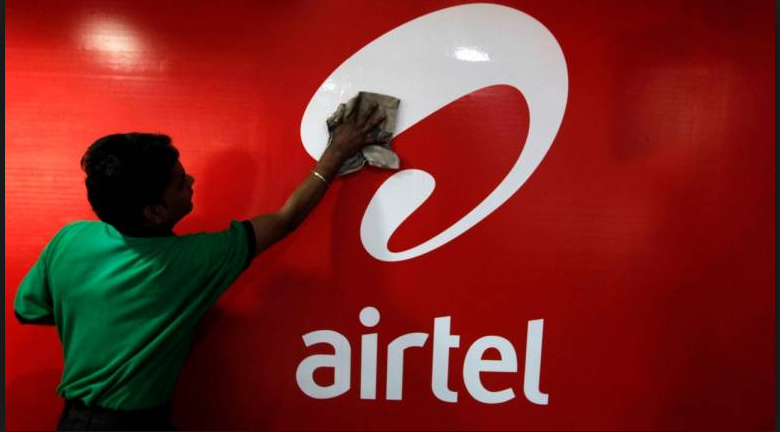
The Federal Government of Nigeria said it has received a N1 billion grant from Airtel Africa Foundation to boost its 3 Million Technical Talent initiative (3MTT).
The Minister of Communications, Innovation and Digital Economy, Dr Bosun Tijani, disclosed this after receiving the cheque from the Foundation’s Chairman, Dr Segun Ogunsanya.
Championed by the minister as part of President Bola Ahmed Tinubu’s strategic talent-building initiatives for the tech sector, the 3MTT programme aims to bridge the digital divide and position Nigeria as a key player in the global technology landscape.
On how the fund will be disbursed, Tijani said the grant would be deployed towards training and empowering over 25,000 Nigerians with in-demand technical skills under the 3MTT programme.
“Today, we received a N1 billion grant from the Airtel Africa Foundation for our 3MTT Nigeria programme.
“The grant will cover hands-on training, community engagement, and job placement initiatives, all to enhance Nigeria’s digital workforce in alignment with President Bola Tinubu’s Renewed Hope Agenda.
“Grateful to the Airtel Africa Foundation for collaborating with us as we work to position Nigeria as a key player in the global technology landscape,” the Minister stated.
Tijani noted that the 3MTT programme is a cornerstone of the government’s commitment to building a robust digital economy in Nigeria.
Airtel Africa CEO, Segun Ogunsanya, highlighted Airtel’s dedication to the growth of Nigeria’s economy through the support of its key levers.
He stated that Airtel believes in the power of technology and digital skills to unlock new opportunities, drive economic growth and uplift communities.
According to him, the 3MTT programme is a bold step towards ensuring that Nigerian youths are not just participants in the digital revolution but leaders in it.
“Our N1 billion support is a strategic investment in Nigeria’s future workforce and prosperity,” he said. Recall that the 3MTT programme started with 30,000 Nigerians, representing one per cent of the 3 million target, while another 270,000 were later selected for the second cohort to bring the number to 10 per cent.
To achieve the programme’s target, Tijani said the different phases would be executed based on the framework co-created with key stakeholders across government agencies, training providers, educational institutions, development agencies and the private sector.






